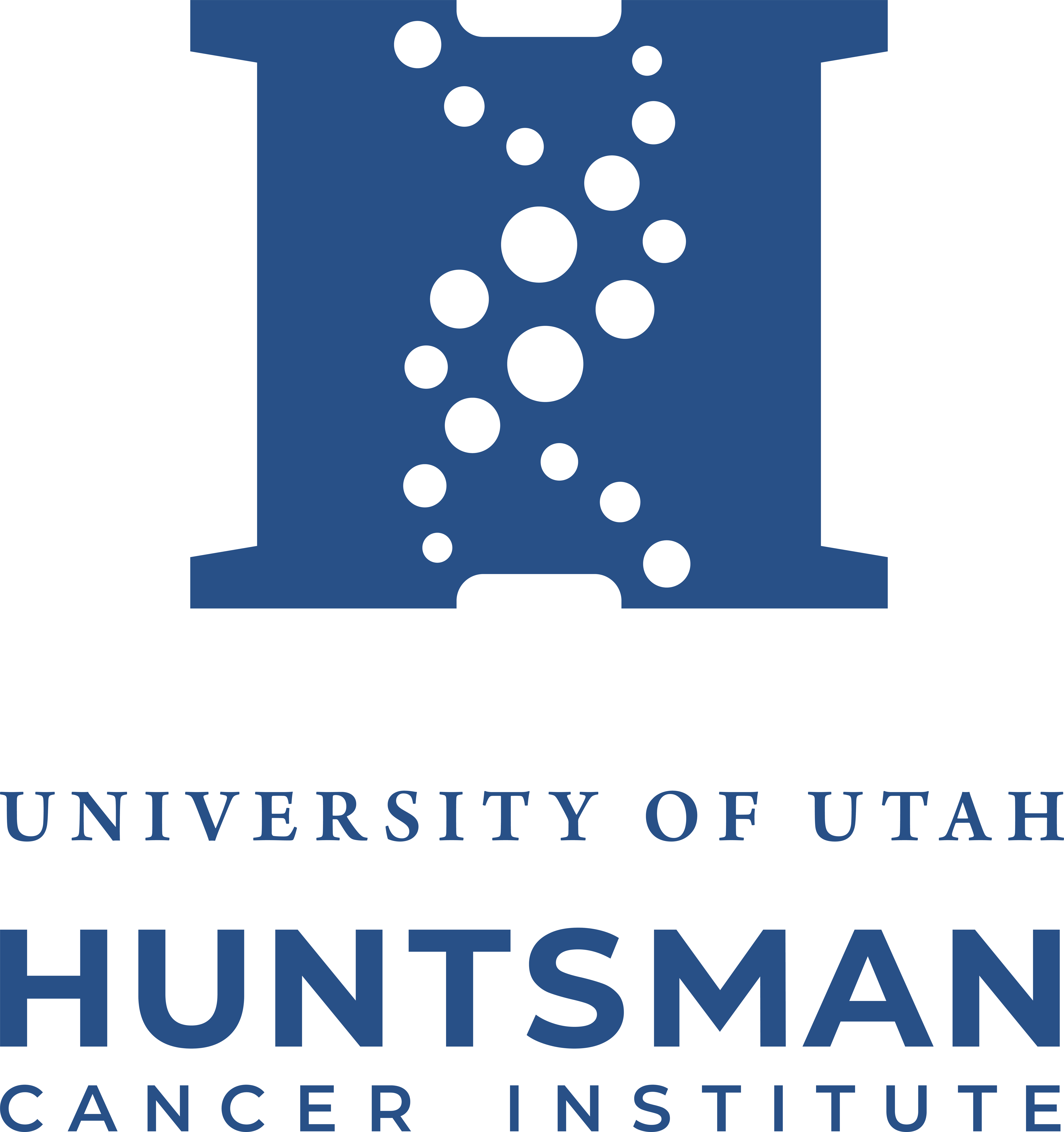
Agarwal Recaps Advancements in Newly Diagnosed RCC

Neeraj Agarwal, MD, recaps the latest advancements in newly diagnosed RCC.
Neeraj Agarwal, MD
It has been a revolutionary year of therapeutic developments for the treatment of newly diagnosed patients with renal cell carcinoma (RCC), explains Neeraj Agarwal, MD.
In the phase III CheckMate-214 trial, the combination of ipilimumab (Yervoy) and nivolumab (Opdivo) improved overall survival (OS) versus single-agent sunitinib (Sutent) as first-line treatment for patients with advanced or metastatic RCC.
Across the entire CheckMate-214 study population, the median OS was not reached with the combination versus 32.9 months with sunitinib (HR, 0.68; 99.8% CI, 0.49-0.95; P = .0003). In patients with intermediate- and poor-risk disease, the median OS was not reached in the nivolumab/ipilimumab arm and was 26.0 months in the sunitinib arm (HR, 0.63; 99.8% CI, 0.44-0.89; P <.0001).
In the phase II CABOSUN trial, the primary analysis showed that cabozantinib reduced the risk of progression or death by 34% versus sunitinib as a first-line treatment for patients with metastatic RCC. The median progression-free survival was 2.6 months longer with cabozantinib versus sunitinib, at 8.2 versus 5.6 months (HR, 0.66; 95% CI, 0.46-0.95; P = .012). Updated findings based on an independent data review showed that cabozantinib-treated patients had a median PFS of 8.6 months compared with 5.3 months with sunitinib (HR, 0.48; 95% CI, 0.31-0.74; P = .0008).
Based on the CABOSUN findings, the FDA granted a priority review to frontline cabozantinib for previously untreated patients with advanced RCC.
OncLive: Can you please provide an overview of your lecture?
During the 2017 OncLive® State of the Science SummitTM on Genitourinary Cancers, Agarwal, an associate professor in the Division of Oncology, Department of Medicine, director of the Genitourinary Medical Oncology Program, Huntsman Cancer Institute at the University of Utah, recapped the latest advancements in newly diagnosed RCC. In an interview, he shed more insight on these pivotal clinical trial findings and what the future of this landscape holds.Agarwal: As you know, the treatment in newly diagnosed patients with RCC has undergone, literally, a revolution in the last year. Until very recently, we have had only 2 drugs—sunitinib and pazopanib (Votrient), which were considered standard of care for these patients. This is going to be transformed by 2 clinical trials that have been presented within the last year.
The first is the CheckMate-214 trial, which tested the combination of ipilimumab and nivolumab—both of which are checkpoint inhibitors—compared with sunitinib. It showed that there was an improved OS, as well as overall response rates with the combination. Remarkably, the complete response rates were 9% in patients who were treated with the combination. This has the potential to transform how we care for these patients.
The second trial was the CABOSUN trial. Cabozantinib is already FDA approved for the treatment of patients in the second-line setting, based on the data from the METEOR trial. Now we have very exciting news that have come from the CABOSUN trial, which was conducted in the first-line therapy setting, which included patients who were at intermediate and poor risk. Cabozantinib was significantly superior to sunitinib, as far as PFS was concerned.
Among these advances, where do you see the field progressing in the next few years?
Now, we [could have] 2 completely new choices for the treatment of these patients with metastatic RCC who are newly diagnosed—ipilimumab plus nivolumab, as well as cabozantinib.Things are evolving very fast, and several newer combinations are being tested. There is a combination of 2 checkpoint inhibitors, checkpoint inhibitors and IDO1 inhibitors, and checkpoint inhibitors with VEGF TKIs. There are several new combinations coming up, and I personally think that the way that we see patients with newly diagnosed metastatic RCC is going to be completely different in the next 2 to 3 years.




































